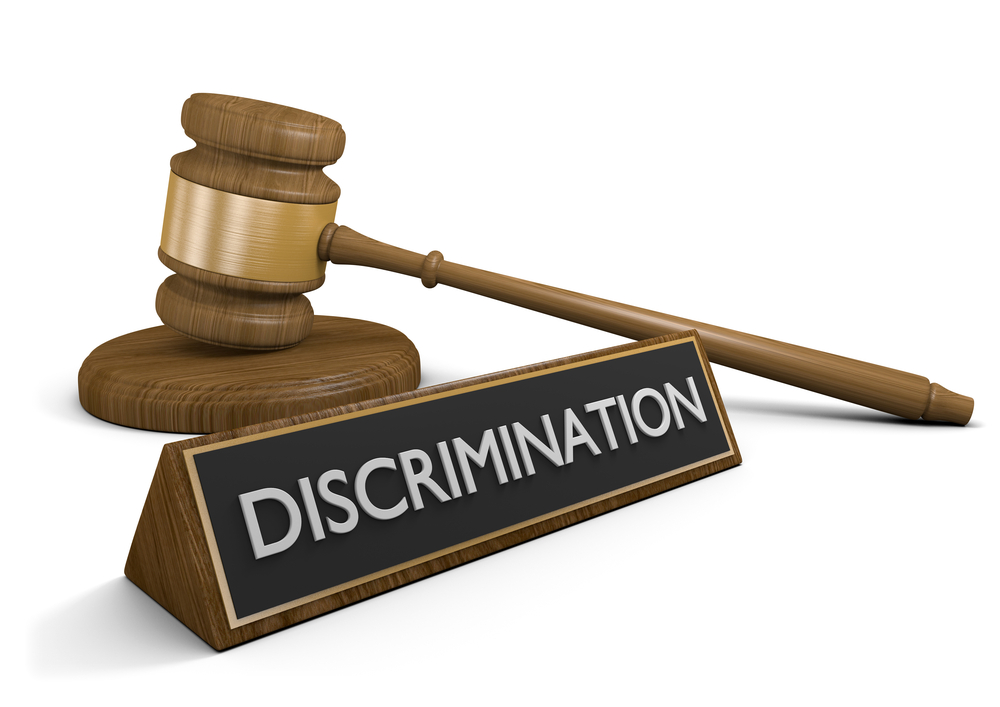New Federal Rules on Discrimination in Housing, with Impact on HOAs, Established
On October 14, 2016, new rules created by the Department of Housing and Urban Development (HUD) on the topic of harassment in housing entered into effect. These rules define the claim of “hostile environment harassment” and establish a protocol for how such claims should be handled.
For years, homeowners and tenants who believed they were facing harassment due to their race, color, national origin, religion, sex, disability or familial status had the right to make a claim for that harassment in court. However, while these claims were based on the Fair Housing Act, they were evaluated in court based on the same standards included in the Civil Rights Act regarding harassment in the workplace. HUD created the new rules to tailor to the particularities of those facing discrimination in the housing setting.
Under the new rules, residents will be able to make a claim in court that they are facing “hostile environment harassment.” This is defined by the law as:
Unwelcome conduct due to race, color, national origin, religion, sex, disability or familial status, is sufficiently severe or pervasive as to create an environment that unreasonably interferes with the availability, sale, rental, use, or enjoyment of a dwelling, the provision or enjoyment of facilities or services in connection therewith, or the availability or terms of residential real estate-related transactions.
Residents who claim that they have faced harassment will need to show that they were subjected to unwelcome spoken, written, or physical conduct; that the conduct was the result of their race, ethnicity, gender, or another protected trait; and that the conduct was severe or pervasive enough that it interfered with the resident’s ability to use and enjoy their housing or other facilities. This harassment could take the form, for example, of vandalism, threats of physical harm, threatening imagery, or actual violence.
The rules obligate homeowner associations’ (HOAs) directors and officers to investigate claims of harassment among homeowners or tenants. Should HOA board members and officers be found to have contributed to the hostile environment harassment, to have failed to take any necessary action to prevent harassment occurring within the complex or development, or failed to prevent a third party such as a management company from engaging in harassment, then the board members and directors can face personal liability under the new law, as can the HOA. If you are a member or director of a Maryland HOA, speak with a real estate attorney to learn what you should do to be prepared for this change in the law.
For assistance with real estate matters in Maryland, contact the experienced and knowledgeable Annapolis real estate and construction law attorney Matthew S. Evans III for a consultation, at 410-626-6009.





